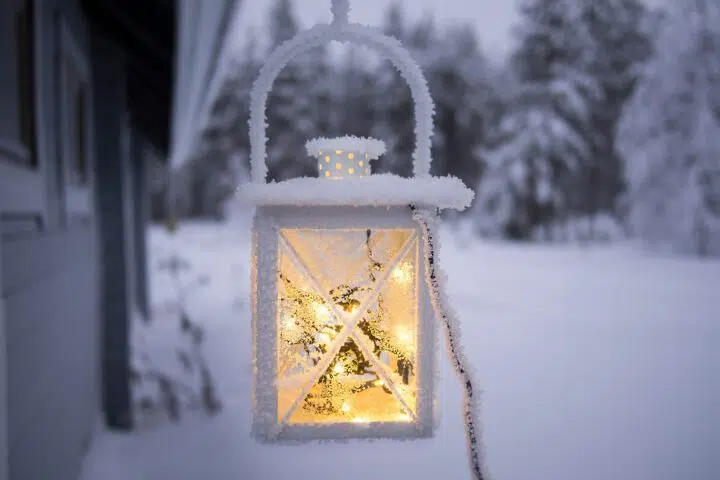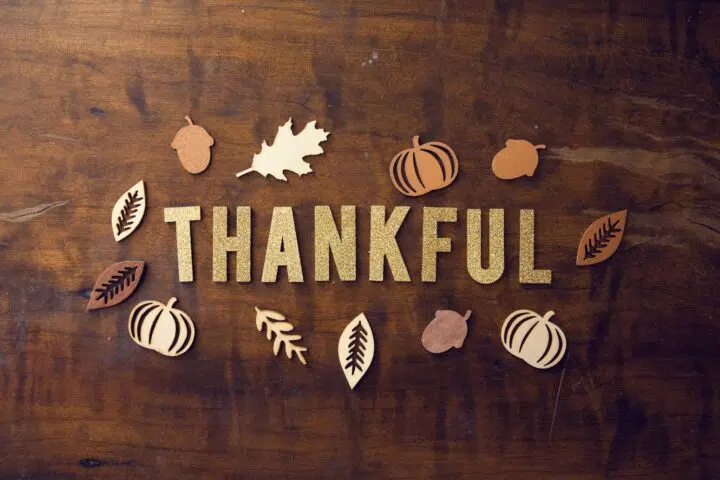When I was a teen, I was a huge fan of Gone with the Wind. I could tell you anything you wanted to know about the book or movie. I loved having all that inside knowledge until the day I came across an interview with Vivien Leigh, who played Scarlett. She commented that she hated kissing Clark Gable because he had bad breath, and that neither of them liked each other at all. Now all those romantic posters I had in my room of Rhett and Scarlett wrapped in warm embrace were ruined for me. Is it possible that sometimes we know a little too much about the artists we love?
In this day of Facebook and Twitter and Instagram and 24-hour television and nonstop internet reporting, we know what our favorite artists had for lunch, when they last walked their dogs, what’s playing on their iPods. We also know every detail of how they created their art and why. It ruins a song for me when an artist says, “I don’t really like that song, but my producer wanted it on the album.” Or a writer states, “I’m burned out on the series, but I’ll finish the next two books as promised.” It may be true, but do your fans need to know it?
As a writer, I’ve had readers come up to me and thank me for a metaphor I never intended or read something more into a detail that was really just a detail. It’s happened to every writer I know. The historian in me, the journalist, wants to set the record straight, to tell the reader they are “wrong,” but another part of me respects the connection they made with the work, though it was not the connection I hoped for.
I’m not arguing that we should put artists on pedestals. You have every right to be honest with your fans and to express your opinions and to show your true self. We’re interested in your creative process and in your highs and lows. I’m not asking that you shelter us from your reality, but let us keep our illusions now and then. You are far more interesting for the things you don’t tell us than the things you do.


